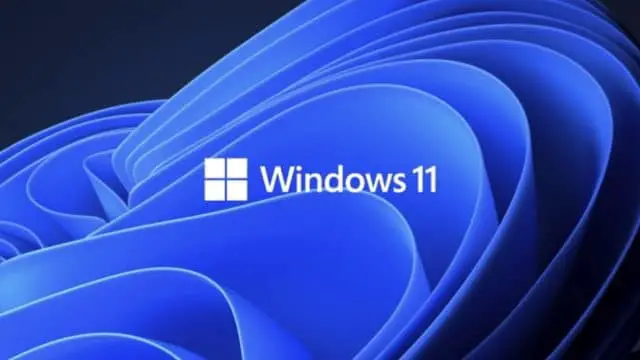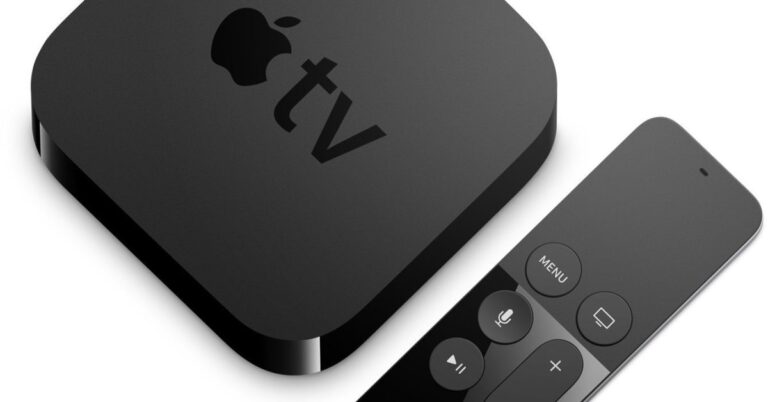What happened to the BlackBerry 5G promised by OnwardMobility for this year?
OnwardMobility failed to deliver the first BlackBerry 5G it had promised for the first half of this year
OnwardMobility and its partner have said they will develop a new BlackBerry that will arrive in the first half of this year with support for 5G connectivity. And the new licensees knew what differentiates a BlackBerry from any other handset by announcing that the handset would be equipped with a physical QWERTY keyboard. But as PCMag points out, 2021 only has a few more weeks to go and no one has heard a glance from OnwardMobility.

The KEY2 LE is the latest new BlackBerry launched in the US to date
The company said in February it had hired staff, including a European business manager and a government sales manager. But in an email to PCMag, OnwardMobility recently wrote: “At this time, OnwardMobility is unable to share any further details or conduct interviews. Thank you for your patience as they continue to develop the world's most productive, user-friendly and secure mobile device. "
The idea was that the user would press down on the touchscreen and get the same tactile experience as pressing a real key on the keyboard. The first variant of the device was a big failure as the device did not have Wi-Fi support and there was no proper app store. Still, Verizon has sold a ton of it, though almost every unit has been returned to the carrier for repair. The BlackBerry Storm 2 had the right keyboard and added Wi-Fi connectivity, but by then it was too late.
BlackBerry fans deserve to know what's going on with the phone they've been promised
BlackBerry fans were hoping OnwardMobility would give them everything they wanted from a modern 'Berry, including the physical keyboard, flagship-grade cameras, a powerful chipset, huge battery, and 5G capability. The license holder is already late and it would be nice to get a statement from the company outlining exactly what's going on. The company owes it to the legions of BlackBerry fans whose hopes it raised at the start of last year.





